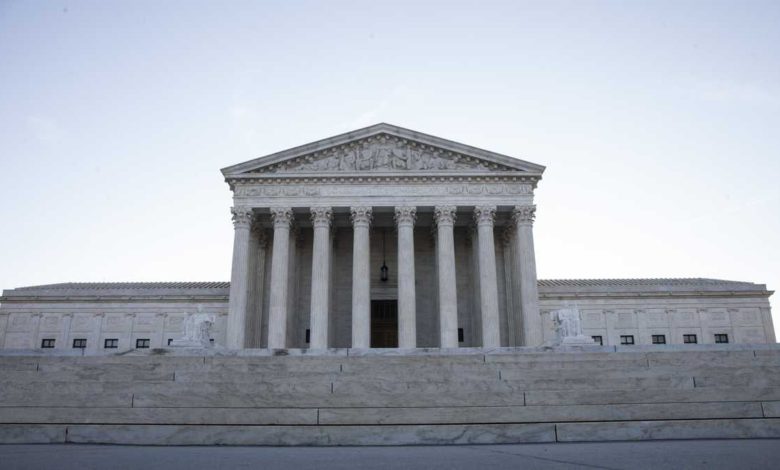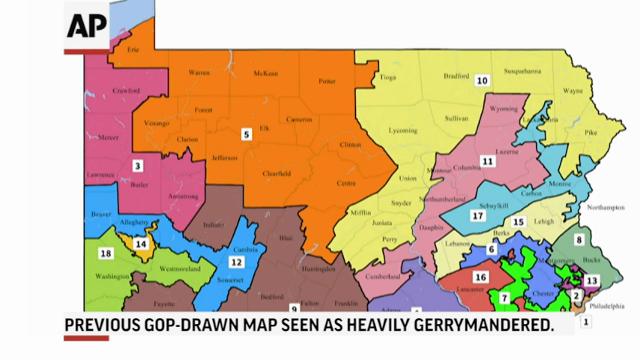

The Supreme Court on Thursday narrowed the scope of a federal cybercrime law, ruling that a policeman who improperly accessed a license plate database could not be charged under the law.In a 6-3 majority opinion penned by Justice Amy Coney Barrett, the court held that Nathan Van Buren, a Georgia police officer, did not violate the nation's top computer crime law when he searched a license plate database for non-official purposes.Responding to a third party who offered to pay him to search the database — a person who turned out to be an FBI informant — Van Buren agreed, leading to what the U.S. government alleged was a violation of the Computer Fraud and Abuse Act. The court's ruling adds definition to a long-running public debate over the breadth of the CFAA, and whether it applies to misconduct that stops short of breaking into a computer. In the past, the law has been invoked in cases involving website defacement and violations of terms of service, prompting digital rights groups to argue that it has been interpreted far too broadly.Thursday's ruling establishes a precedent that makes it harder to apply the CFAA in cases where an individual is authorized to access information on a computer but does so for "improper" reasons.Barrett's majority opinion was joined by Justices Stephen Breyer, Sonia Sotomayor, Elena Kagan, Neil Gorsuch and Brett Kavanaugh. Justice Clarence Thomas dissented, joined by Justice Samuel Alito and Chief Justice John Roberts.
The Supreme Court on Thursday narrowed the scope of a federal cybercrime law, ruling that a policeman who improperly accessed a license plate database could not be charged under the law.
In a 6-3 majority opinion penned by Justice Amy Coney Barrett, the court held that Nathan Van Buren, a Georgia police officer, did not violate the nation's top computer crime law when he searched a license plate database for non-official purposes.
Responding to a third party who offered to pay him to search the database — a person who turned out to be an FBI informant — Van Buren agreed, leading to what the U.S. government alleged was a violation of the Computer Fraud and Abuse Act.
The court's ruling adds definition to a long-running public debate over the breadth of the CFAA, and whether it applies to misconduct that stops short of breaking into a computer. In the past, the law has been invoked in cases involving website defacement and violations of terms of service, prompting digital rights groups to argue that it has been interpreted far too broadly.
Thursday's ruling establishes a precedent that makes it harder to apply the CFAA in cases where an individual is authorized to access information on a computer but does so for "improper" reasons.
Barrett's majority opinion was joined by Justices Stephen Breyer, Sonia Sotomayor, Elena Kagan, Neil Gorsuch and Brett Kavanaugh. Justice Clarence Thomas dissented, joined by Justice Samuel Alito and Chief Justice John Roberts.
Source link









